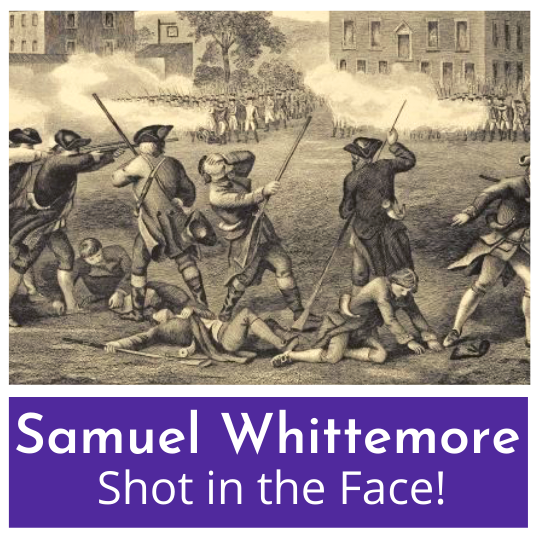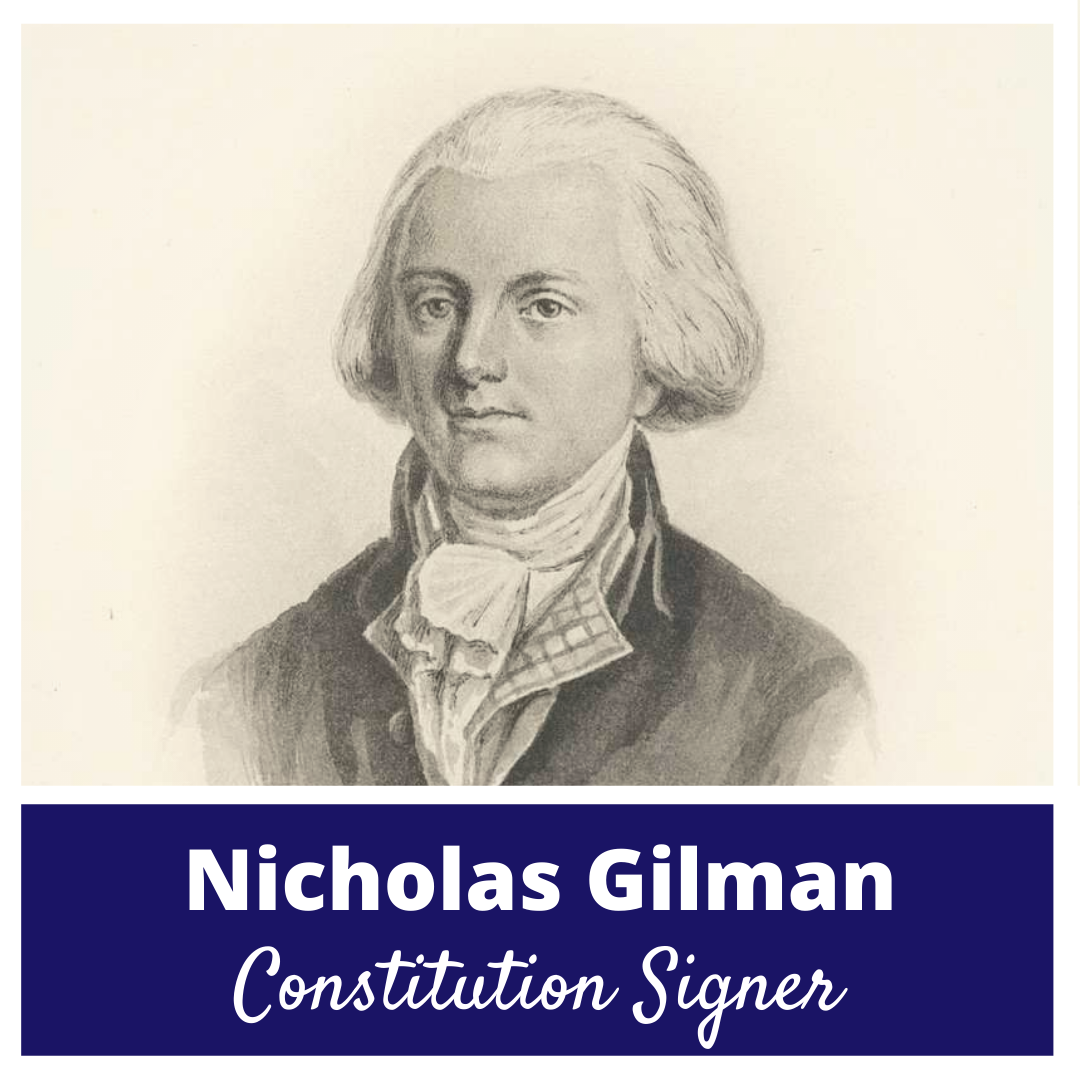Peter Muhlenberg's Democratic-Republican Society
Peter Muhlenberg was a Lutheran Minister who fought in the Revolutionary War and became an inaugural member of the US House of Representatives.
Peter Muhlenberg
John Peter Gabriel Muhlenberg, commonly known simply as Peter, was born in an area of Pennsylvania which was heavily populated by people of Eastern European descent. As such, he was one of the few future Founders who was sent to Germany for higher education.
After returning to North America, Muhlenberg settled in Virginia and began a career as a Lutheran Minister.
Peter eventually received election to the House of Burgesses where he became friends with the likes of George Washington, Patrick Henry and Richard Henry Lee.
Minister at War
After being appointed Commander-in-Chief, Washington selected Muhlenberg as a Colonel and instructed him to raise a Regiment for the Continental Army.
Peter recruited his men and spent several years participating in the New York/New Jersey Campaign. This was followed by instructions to head South and take charge of the defense of Virginia.
In the last days of the Revolutionary War, Muhlenberg participated in the Victory at Yorktown where he led a brigade of the Marquis de Lafayette’s Light Division.
Politics
When the war was complete, Muhlenberg received an honorary promotion to Brigadier General and he decided to return to his home State of Pennsylvania.
Peter was soon chosen as Vice-President of Pennsylvania’s Supreme Executive Council. This, in essence, made him Lieutenant Governor of the State.
Muhlenberg was then elected as an inaugural member of the United States House of Representatives where he served two non-consecutive terms.
Democratic-Republican Society
During the Spring of 1793, Peter Muhlenberg started the first Democratic-Republican Society.
Although it was never known in his time by this name, copycat clubs sprang up across the United States. These groups supported the policies of Thomas Jefferson and formed the basis of the emerging Democratic-Republican Party.
Unfortunately, these clubs received some bad press.
First, they were associated with Citizen Genet who was attempting to recruit soldiers to fight in the French Revolution. Then they became connected with the Whiskey Rebellion in Western Pennsylvania as many of these would-be revolutionaries belongs to one of the Societies.
Washington’s Wrath
President Washington became enraged by these clubs and spoke publicly against them.
Washington, who was unhappy about both Genet and the Whiskey Rebellion, also did not like political parties in general. Even those who disagreed with the President’s policies usually did not dare to speak ill of the Head of State and these Societies began to dissolve.
Within three years the Democratic-Republican Societies had all but disappeared.
Federal Government
As for Muhlenberg, he received appointment to the United States Senate with the wave of Democratic-Republicans that took control of the Government when Jefferson won election as President. He attended a special session of Congress in March 1801 and resigned just two months later.
Peter was recommended by the Congressmen from Pennsylvania to be Supervisor of Revenue for that State, a position he was given by Jefferson.
The following year, Muhlenberg was given the additional responsibility of Customs Collector for the Port of Philadelphia, holding this position until he passed away five years later.
To learn more about some other Founders who were also Ministers, check out my articles on John Carroll and Samuel Kirkland.
To read further on Peter Muhlenberg, check out the biography in the affiliate link below.
If you are new to this site, make sure you subscribe to the email list to receive a new Founder every day.






